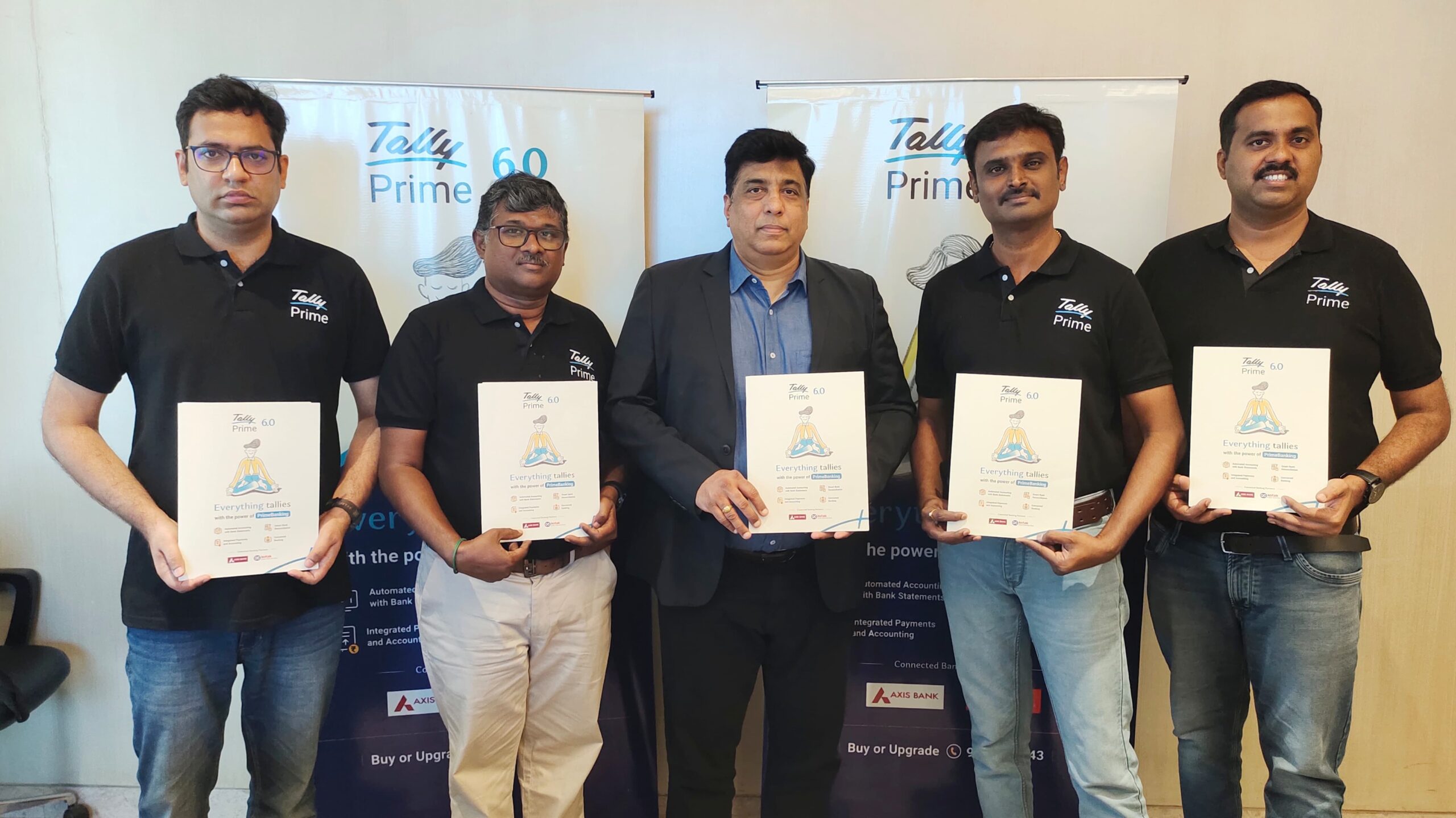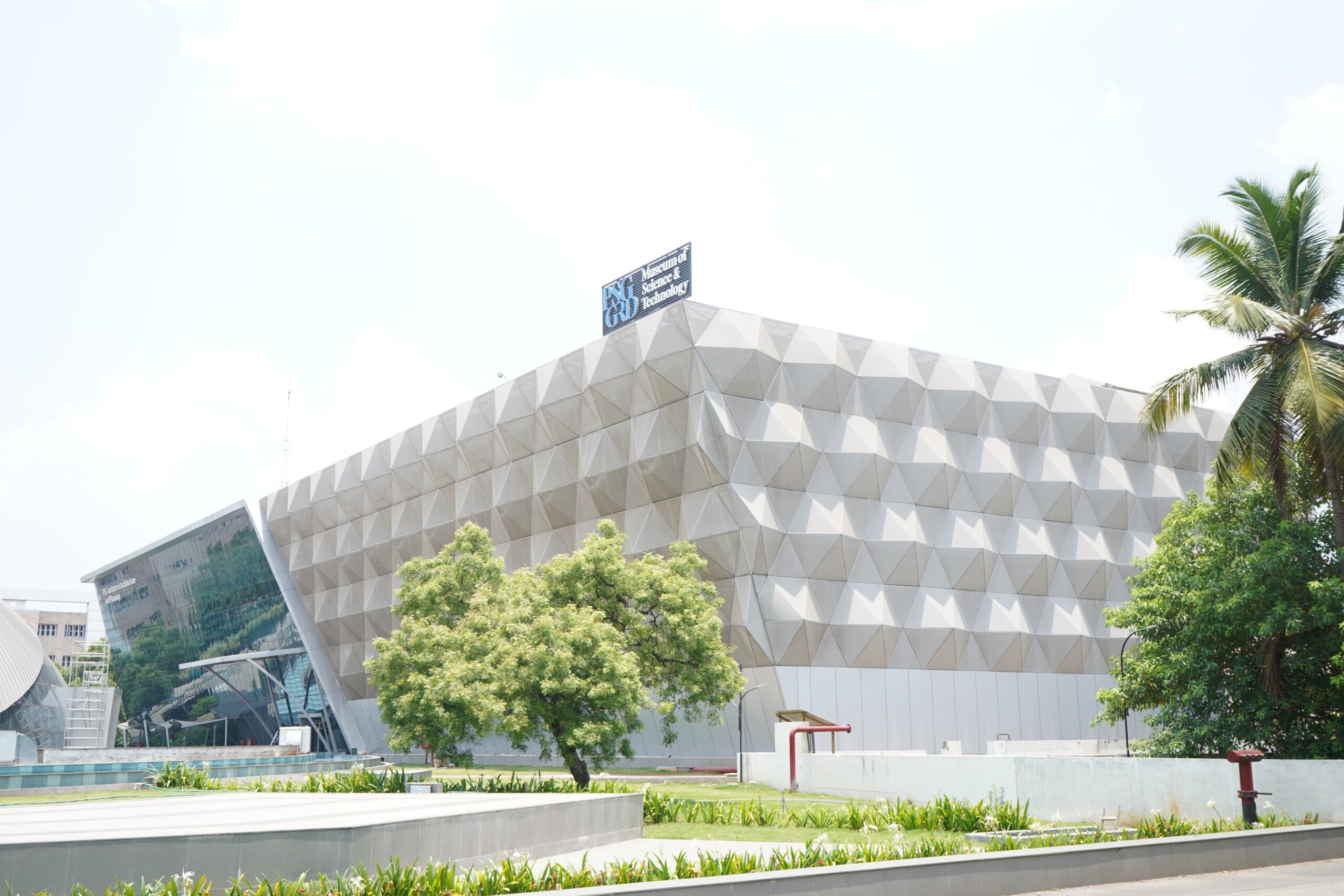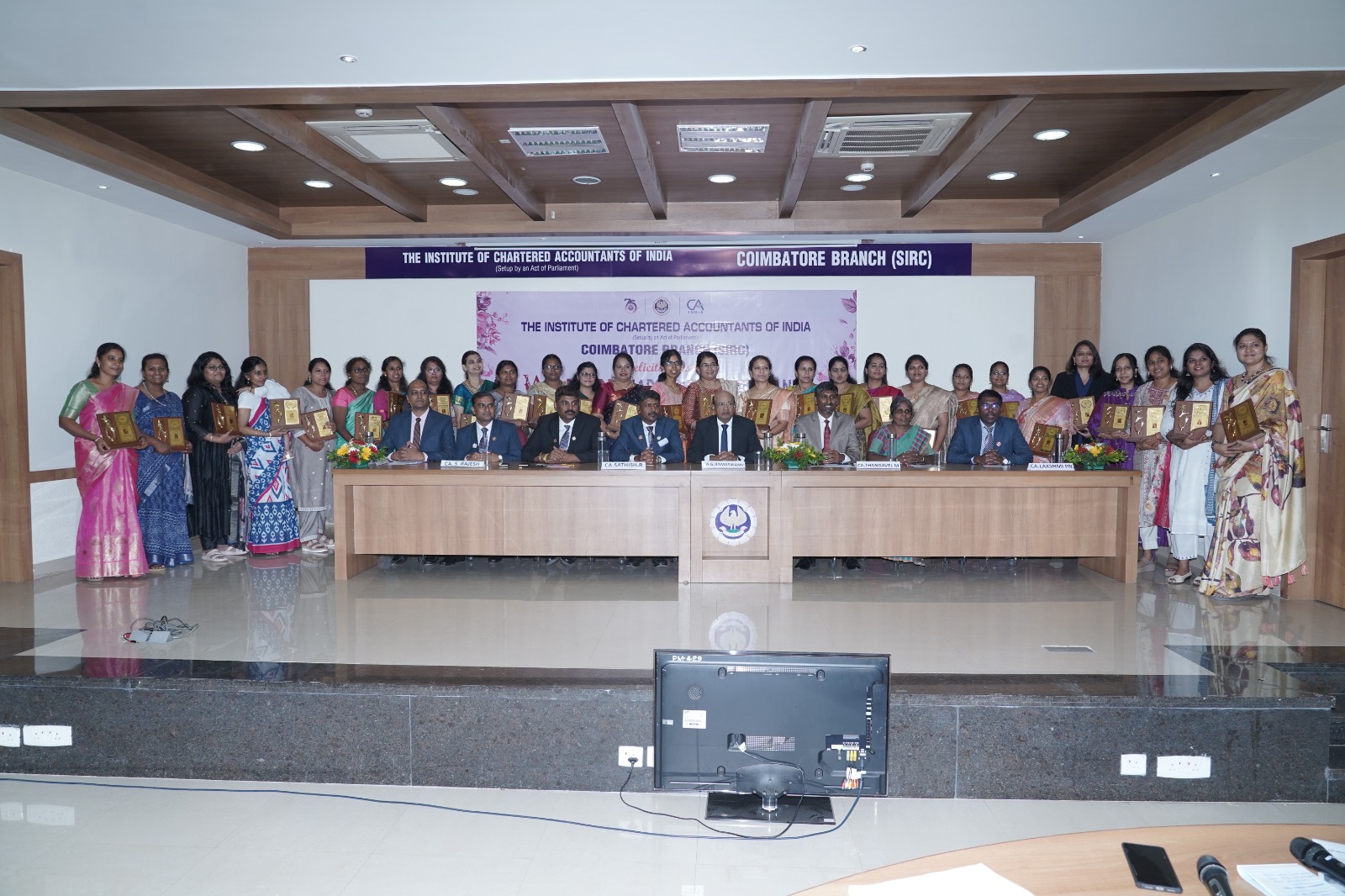Trending Now
- Alliance talks between AIADMK and BJP are ongoing. An announcement will be made at the right time – Union Home Minister Amit Shah.
- Vijay spoke about TVK vs. AIADMK only to motivate party workers – AIADMK General Secretary Edappadi K. Palaniswami.
- South Indian audiences are not interested in Hindi films, which is why they don’t succeed – Salman Khan.
- KL Rahul joins Delhi Capitals; the team will face Hyderabad tomorrow.
Coimbatore
Hiked cotton MSP to jack up clothing cost, affect exports, says SIMA
![]() July 5, 2018
July 5, 2018
Image credit : Illustrative image
Coimbatore : The steep increase in cotton MSP, as announced by the Centre yesterday, will largely benefit farmers, but should make clothing costly, according to Southern India Mills Association (SIMA).
It might also affect the cotton exports if Indian cotton prices ruled above international ones, SIMA chairman P Nataraj said while hailing the ‘proactive and historical’ initiatives of the Prime Minister to strengthen the agriculture sector.
In a statement, he appealed to the Prime Minister to exercise cotton MSP operation under Direct Benefit Transfer System (DBT) and revamp the role of Cotton Corporation of India (CCI) to the benefit of farmers and the industry.
India was become the largest cotton producer with a share of 36 per cent of world cotton acreage covering 11.8 million hectares, production of 6,290 million kg and export 1,190 million kg during the season 2017-18.
Nearly 2.3 crore farmers are currently cultivating cotton, he said. Owing to the 5 to 10 per cent price advantage when compared to international price, homegrown cotton had been the engine of growth for the textile industry, the second largest employment provider next only to agriculture.
Price volatility had also often been eroding the working capital and profit margins of the industry and restricting the growth rate between 6 and 8 per cent as against the potential of 12 to 16.
The country could take advantage of TechnologybMission on Cotton (TMC) that existed between 1999 and 2002 and also the introduction of Bt Cotton, he said. He said TMC had not been extended and the farmers were suffering because of spurious seeds, lack of seed technology, agronomy research, lack of technology transfer, quality deterioration at ginning stage (admixture of waste cotton), inferior quality cotton, high trash, contamination and high moisture content.
Nataraj urged the Prime Minister to approve TMC-II proposal already submitted by the Ministry of Textiles and to constitute a task force and prepare a detailed report based on the recommendations already made Nataraj said productivity per hectare is stagnated at 500 to 550 kgs per hectare as against over 1,500 kg achieved by around 20 countries and Australia was able to achieve over 2,200 kg.
The Price Stabilisation Fund Scheme and TMC with revised format were needed to double business size and exports by 2022 as envisaged by the Prime Minister, he said.























